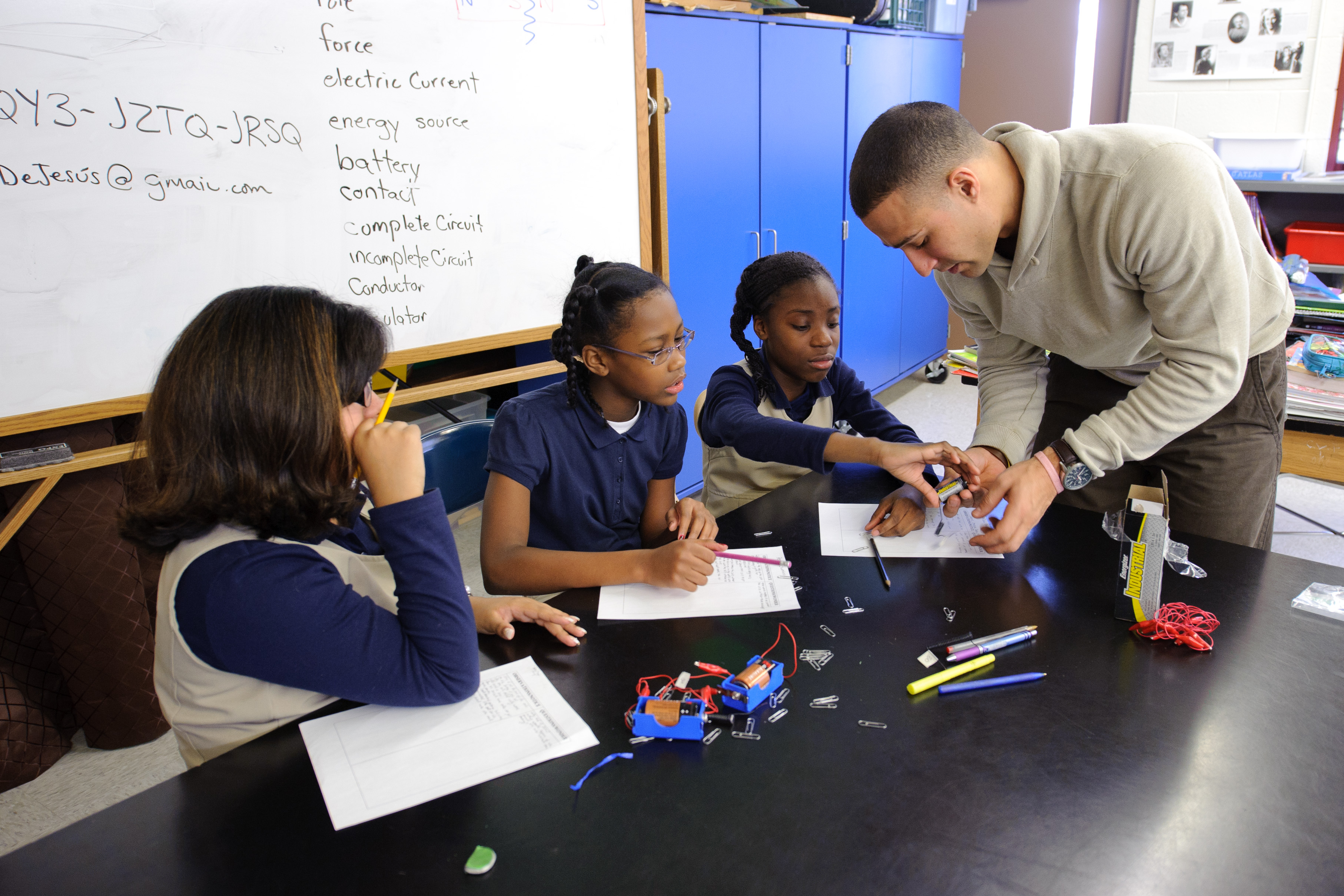Led by educational psychology professors in the Neag School of Education, two research projects have recently been awarded a total of nearly $5 million in federal funding, made available through the Jacob K. Javits Gifted and Talented Students Education Act.
“These are incredible, national-level investments in one of the world’s top gifted and talented education programs, furthering the research of two outstanding professors and their research teams,” says Scott Brown, Board of Trustees Distinguished Professor of Educational Psychology and the head of the Neag School’s Department of Educational Psychology.
Project LIFT
Awarded a total of $2.4 million in funding that went into effect earlier this month, Project LIFT (Learning Informs Focused Teaching) is focused on students with high academic potential — particularly those from underserved populations.
“The overall premise of Project LIFT,” according to principal investigator Catherine Little, professor of educational psychology, “is that students with high academic potential are more likely to demonstrate high-potential behaviors while engaged in instruction that encourages such response.” In addition, she says, “teachers can strengthen their use of such instruction through professional development and access to resources.”
With Project LIFT, the research team will be building on ongoing work in the field centered not only on promoting teachers’ understanding of the behaviors that may indicate high potential in students, but also on offering students access to opportunities to demonstrate their potential.
“These are incredible, national-level investments in one of the world’s top gifted and talented education programs,
furthering the research of two outstanding professors and their research teams.”— Board of Trustees Distinguished Professor Scott Brown, Department Head, Educational Psychology
“We feel that it is really important to focus on how general education teachers are equipped to support the needs of advanced learners within the context of serving all the learners they support,” Little says, adding that “the most powerful supports can come through curricular and instructional resources.”
By examining differences in teacher practice, teacher perceptions, and student achievement between a treatment and comparison group, the researchers hope to learn more about how teachers understand these populations, as well as what professional development approaches are helpful for these teachers in their work.
Also part of Project LIFT are Christopher Rhoads, associate professor of measurement, evaluation, and assessment; Rebecca Eckert, associate clinical professor of teacher education; and Kelly Kearney ’14 Ph.D., a research associate in the Department of Educational Psychology.
The project is funded through September 2022.
Thinking Like Mathematicians
Professor of educational psychology E. Jean Gubbins is the principal investigator of a second newly funded project, entitled “Thinking Like Mathematicians: Challenging All Grade 3 Students.”
Funded for five years through the Jacob K. Javits Gifted and Talented Students Education Act, the project is a “scale-up of promising evidence-based quantitative and qualitative mathematics studies; identification and programming studies; and a qualitative study of identification practices for English learners,” which were also previously funded by the Javits Act, according to the researchers. These prior studies emphasized the importance of supporting talented students from historically underrepresented groups.
The Thinking Like Mathematicians project “focuses on providing challenging curriculum to promote talent development among all students in academically and culturally diverse schools,” Gubbins says, “and experiments with developmental identification strategies, which are important issues in our field.”
Funding for the project’s first year, which went into effect Sept. 1, is $500,000, with funding for the second through fifth years remaining the same in each subsequent year, pending the availability of funds from the U.S. Department of Education’s Office of Elementary and Secondary Education.
Bianca Montrosse-Moorhead and Aarti Bellara, assistant professors of measurement, evaluation, and assessment, as well as Tutita Casa, associate professor of curriculum and instruction, are serving as co-principal investigators.



